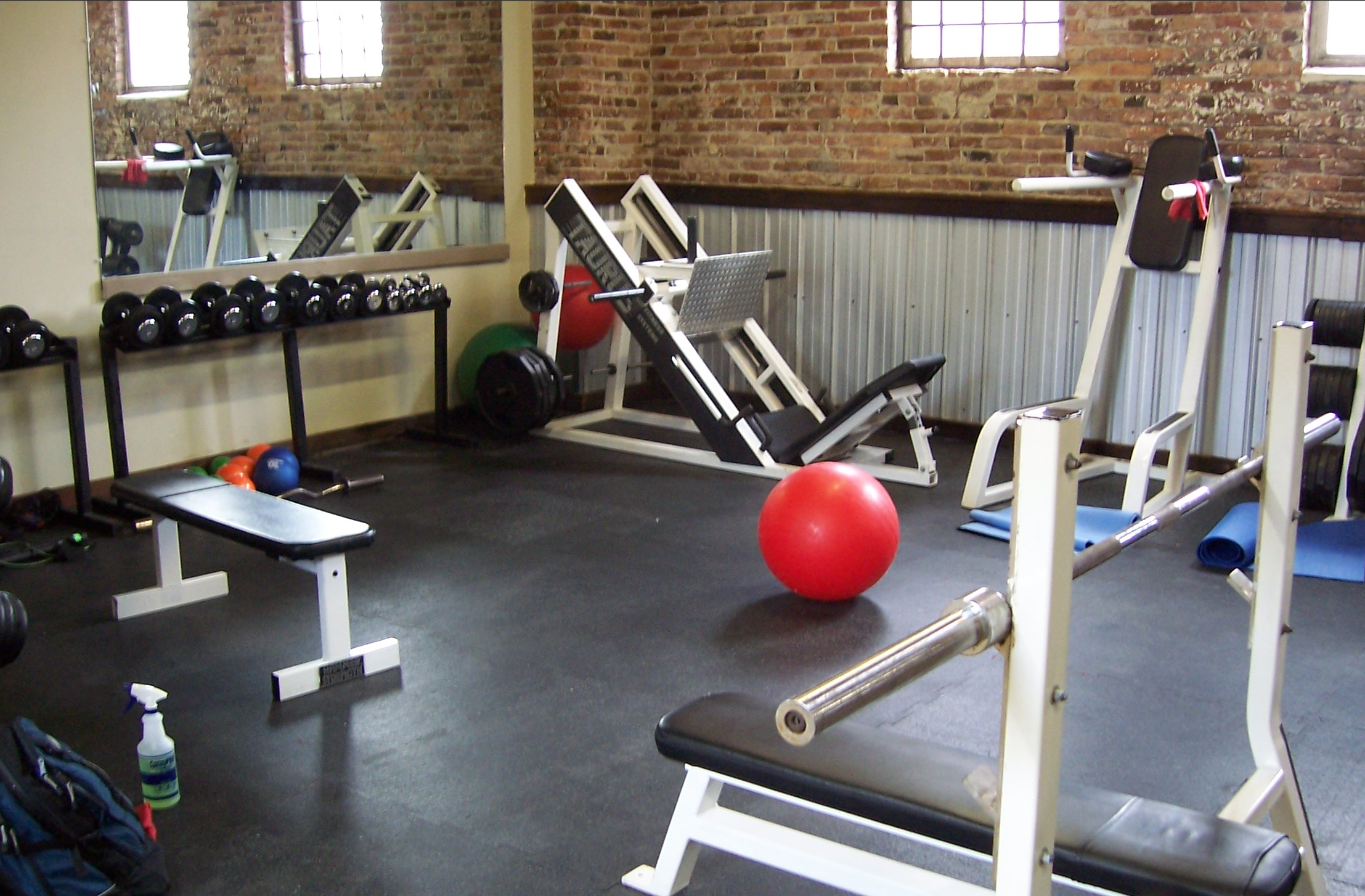In today’s fast-paced world, where the demands of work, family, and personal life often leave us feeling overwhelmed, the concept of idea health and fitness has never been more important. But what exactly does it mean to be “ideally” healthy https://decorandooquarto.com and fit? And how can we achieve this state of well-being amidst the chaos of modern life?
Understanding the Concept of Idea Health
Defining Health Holistically
Idea health goes beyond the absence of illness; it encompasses physical, mental, and emotional well-being. It’s about feeling vibrant, energetic, and balanced in all aspects of life.
Importance of Holistic Health
Taking a holistic approach to health means addressing all areas of wellness, including nutrition, exercise, stress management, and sleep. By nurturing our entire being, we can achieve a state of optimal health and vitality.
Components of Fitness
Fitness is not just about hitting the gym; it’s about cultivating strength and resilience in all areas of life.
Physical Fitness
Regular exercise is essential for maintaining a healthy body weight, improving cardiovascular health, and reducing the risk of chronic diseases.
Mental Fitness
Keeping our minds sharp and focused is crucial for overall well-being. Activities like meditation, mindfulness, and brain games can help enhance cognitive function and mental clarity.
Emotional Fitness
Emotional health is about understanding and managing our feelings in a constructive way. Building emotional resilience allows us to navigate life’s ups and downs with grace and resilience.
The Role of Nutrition in Idea Health and Fitness
A balanced diet lays the foundation for good health and vitality. Eating a variety of nutrient-dense foods provides our bodies with the fuel and nutrients needed to function optimally.
Balanced Diet
Aim to include a mix of fruits, vegetables, whole grains, lean proteins, and healthy fats in your diet. Avoid processed foods and excessive sugar, which can lead to inflammation and chronic disease.
Importance of Hydration
Staying hydrated is essential for proper digestion, nutrient absorption, and overall cellular function. Aim to drink at least 8 glasses of water a day, and more if you’re physically active or live in a hot climate.
Exercise and Movement
Regular physical activity is vital for maintaining strength, flexibility, and cardiovascular health.
Types of Exercises
Find activities you enjoy, whether it’s walking, running, swimming, dancing, or yoga. The key is to move your body in ways that feel good and leave you feeling energized.
Incorporating Movement into Daily Life
Look for opportunities to be active throughout the day, such as taking the stairs instead of the elevator, parking farther away from your destination, or going for a walk during your lunch break.
Mental and Emotional Well-being
Caring for our mental and emotional health is just as important as caring for our physical health.
Stress Management Techniques
Practice relaxation techniques such as deep breathing, meditation, or journaling to help reduce stress and promote inner calm.
Importance of Self-care
Make time for activities that bring you joy and relaxation, whether it’s reading a book, taking a bubble bath, or spending time with loved ones. Self-care is not selfish; it’s essential for maintaining balance and well-being.
Sleep and Rest
Quality sleep is crucial for physical and mental health, yet it’s often neglected in today’s busy world.
Importance of Quality Sleep
Prioritize sleep by creating a bedtime routine, optimizing your sleep environment, and avoiding caffeine and screens before bed. Aim for 7-9 hours of quality sleep each night to feel refreshed and rejuvenated.
Benefits of Rest and Relaxation
In addition to sleep, it’s essential to incorporate rest and relaxation into your daily routine. Taking breaks, practicing mindfulness, and engaging in hobbies can help recharge your batteries and prevent burnout.
Building Healthy Habits
Creating lasting change requires building healthy habits that support your well-being.
Setting Realistic Goals
Start small and gradually build momentum by setting achievable goals. Celebrate your progress along the way and be patient with yourself as you work towards your objectives.
Creating a Sustainable Routine
Find a routine that works for you and fits seamlessly into your lifestyle. Consistency is key to forming habits, so aim to make healthy choices a natural part of your daily routine.
Overcoming Challenges
No journey to better health is without its obstacles. It’s essential to anticipate challenges and develop strategies for overcoming them.
Dealing with Setbacks
Accept that setbacks are a natural part of the process and use them as learning opportunities. Focus on what you can control and take proactive steps to get back on track.
Staying Motivated
Find sources of inspiration that resonate with you, whether it’s reading success stories, joining a supportive community, or working with a coach or mentor. Keep your eye on the prize and stay committed to your goals.


